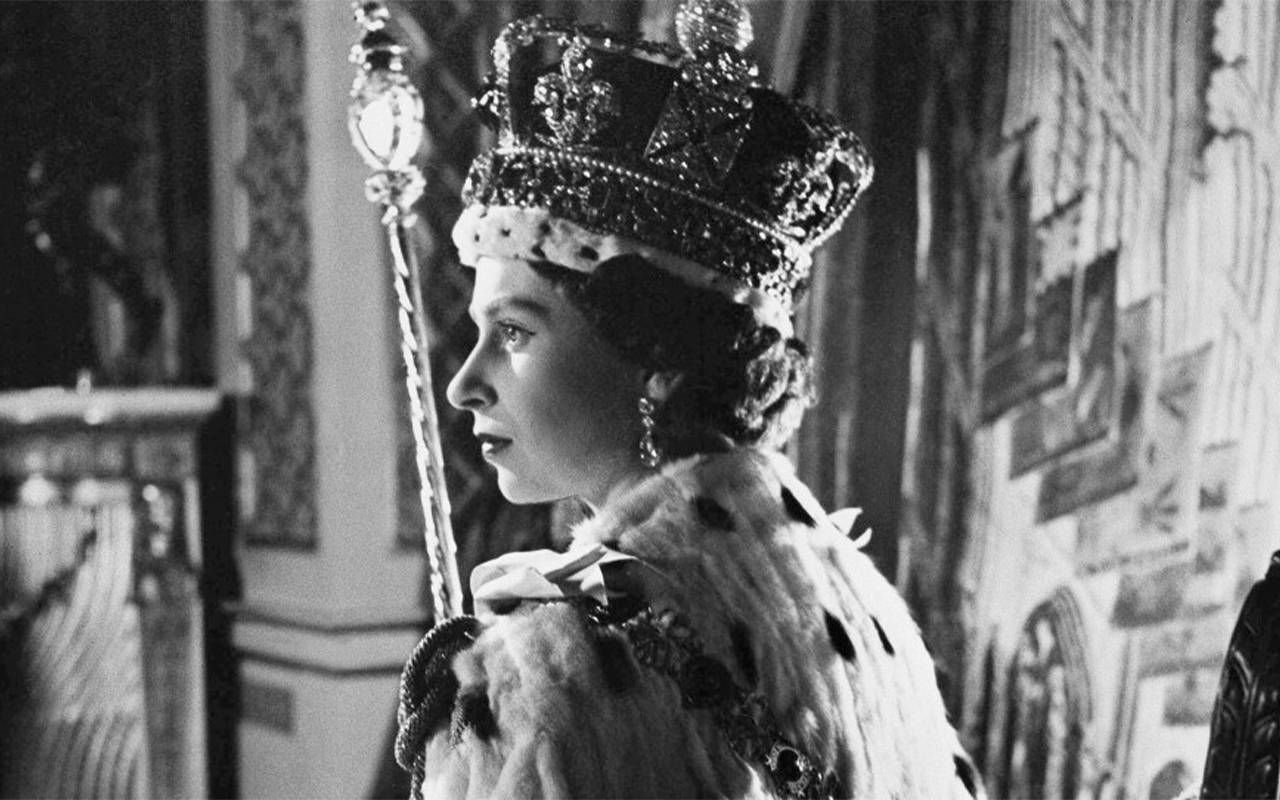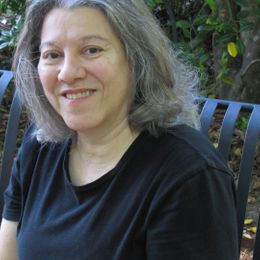The Value of Institutional Memory
Four past Next Avenue Influencers in Aging explain why acquired wisdom can be a valuable resource for solving problems and building relationships.
It's obvious that the longer you live, the greater is your chance of developing valuable insights that can help others not as far along on their journey. And while much knowledge doesn't necessarily produce great wisdom, having the first increases your odds of attaining the second.

When Queen Elizabeth II died in September, 2022, among the many accolades attributed to her were references to the significance of her 70-year reign, covering the terms of 15 British prime ministers, 14 U.S. presidents and countless world heads of state.
As a constitutional monarch, she had no direct legislative power. Her real value was in being consulted by government officials who mined her for the memories and experiences she accumulated throughout nine decades of history.
When Queen Elizabeth II died in September, 2022, among the many accolades attributed to her were references to the significance of her 70-year reign.
What Purpose Does It Serve?
Institutional knowledge is a highly useful tool employed in in everyday life, says Age Wave founder and CEO Ken Dychtwald.
"If I and my family were about to go on a camping trip for a few days to some terrain that we had never covered that was new to us, it might be useful to talk to some people who have done the journey before, because they might say, 'We'll tell you where the fresh water is, so you don't run out,' and 'There's a great place with an overhang where you can sleep at night and you don't have to worry if it rains,' and 'You're going to want to catch the sunrise, and we'll tell you exactly where there's the most beautiful spot to catch it,'" Dychtwald said.
He continued, "Now you don't have to do what they say, but what a benefit it is to learn from people who've been on the journey before, and it could make your own adventure richer, better, more wonderful being benefited by their experience."
Many Forms, Many Uses
Long-term practical wisdom comes in many forms, from a grandparent passing down stories of living in a distant time or place, to a corporate founder describing the challenges in starting that business, to an artisan teaching time-tested techniques to an apprentice.
CoGenerate (formerly Encore.org) Co-CEO Eunice Nichols cites some examples from the work of their Innovation Fellows, which include the passing down of ethnic family recipes, compiling stories to form an immigrant community's oral history, and using recorded favorite music to reach and comfort a person with dementia. For Nichols, "Unlocking institutional memory is, at its core, a collective and deeply relational act."
Author, advocate, and entrepreneur Elizabeth White, an expert on the structures of corporate culture, believes that institutional knowledge takes either of two forms.
Tangible information consists of "certain processes or certain ways of doing business that over the years we know are efficient, are effective, and you want to pass these on to younger employees," she said. Such protocols include human resource policies.
Intangible information isn't codified anywhere and includes the culture of a workplace, such as in "an environment where failing is accepted, because if you fail, you'll get better, you will learn from what you don't know, and you're not penalized if you try something that's a bit out of the box … people see that it's a good thing — or you could have a culture where failure is harshly penalized," according to White.
Of '-Isms' and Obstacles
The Western world has long relied on elder wisdom; however, in the past half century, high-tech products and processes and the influence of ageism in the workplace have negatively affected the way some companies view the value of older or longer-term employees when hiring, training, and retaining them. That's when institutional memory can be ignored or forgotten.
"I think the biggest culprit of all is widespread age segregation, in many ways reinforced by technology, which leads to potential conflict, misunderstanding, ageism, and disconnection," explained CoGenerate Co-CEO, Marc Freedman. "For far too long we've shunted young people into youth-focused institutions, middle people into workplaces, and older adults into places like senior centers, nursing homes, and retirement communities. The generational twains stopped meeting, in ways that run against the grain of much we know about human thriving."
Added to this ageism is another obstacle: a lack of diversity of ideas regarding which practices and values are relevant and worth promoting in a workplace environment.
"We're getting to a place where we realize that there might be some value and gravitas for each stage of life."
"The concern for me," said White, "is who is around the table deciding what the rules will be. And if it's only white men, then competency gaps in priorities and values don't get filled in .... and there can be all kinds of ways of doing business that don't embrace what's important to [the rest of] us."
White asserts that having diverse work teams of different ages, genders, races, ethnic cultures and physical abilities help to fill in those gaps. "Fortunately, in many places, the deciders are much more diverse than in the past."
Welcome Changes
"America has always been obsessed with the new," said Freedman, "and that certainly continues. But I'm struck by a renewed interest in where we've come from, and how that shapes the present. Just look at the growth of efforts like Ancestry.com. But this impulse extends to the organizational sphere."
Dychtwald would agree. "The pendulum is swinging again; young people are getting hammered by COVID; a lot of the great entrepreneurial successes are coming from people over 55 …. There's a fascination with having a mentor. We're getting to a place where we realize that there might be some value and gravitas for each stage of life."
Time for a New Definition?
Given society's rapidly changing cultural knowledge and needs, maybe it's better to think of institutional knowledge and memory in terms of technological progress rather than the passage of time. In other words, institutional wisdom may reside not only in the minds of experienced workers, but also in those of people of any age bringing newer and different skills.
For example, in addition to traditional older-to-younger mentoring, does a younger "digital native" possess a kind of institutional memory that can be shared with an older employee who may not yet be as technologically literate?
"The sheer complexity of problems facing our world today," said Nichols, "requires us to bring all our resources to bear, which includes investing in young people who are leading the way on everything from racial justice and climate change to mental health. But it also means taking the time to learn from — and build on — the successes and mistakes of the past.
"At the end of the day, institutional memory isn't about simply remembering a set of facts, it's about doing the hard work of reflecting on history, its meaning and its relevance in relationship with older generations."

Social gerontologist and Ageful Living blogger Jeanette Leardi is a Portland, Oregon–based community educator and public speaker who gives popular presentations and workshops on ageism, brain fitness, creativity, health literacy, and caregiver support. Her essays, articles, and book reviews have appeared in Next Avenue, The Charlotte Observer, The Oregonian, The Dallas Morning News, Stria, ChangingAging, and 3rd Act Magazine. Read More

